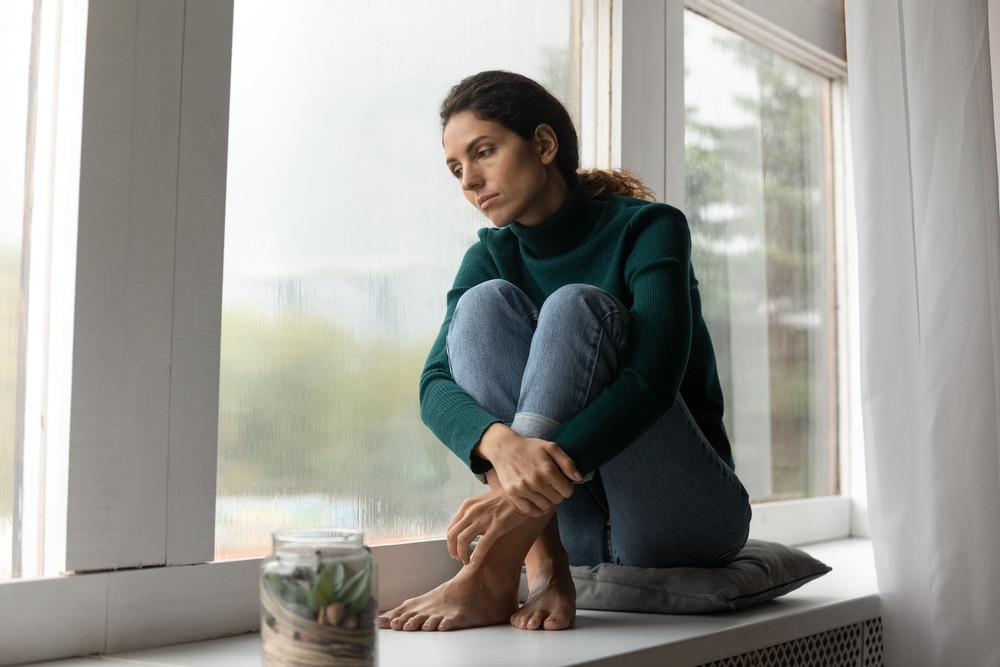Veterans returning from active duty often face a challenging transition back into civilian life. This process isn’t typically smooth; many carry the invisible burdens of trauma, both mental and emotional, that linger long after their service has ended. The impacts of untreated trauma can resonate deeply, affecting everything from a veteran’s mental health to their relationships and overall sense of happiness. However, the good news is that with the right support, resources, and mindset, veterans can confront and overcome these challenges, carving out a fulfilling and vibrant life after service. Understanding the nuances of post-service trauma is crucial in helping veterans on their path to healing and renewal.
Many veterans come home with what often goes undiagnosed as Post-Traumatic Stress Disorder (PTSD). PTSD is a serious mental health issue that can develop after someone goes through events that threaten their life or are otherwise deeply distressing, such as combat. Flashbacks, nightmares, anxiety, depression, hypervigilance — these symptoms can be overwhelming. Sadly, the stigma still surrounding mental health in military culture can lead many veterans to shy away from seeking help. The ingrained belief of “toughing it out” often makes individuals feel isolated or even ashamed about acknowledging their struggles.
It’s essential to understand that even if a veteran isn’t diagnosed with PTSD, other forms of trauma still weigh heavily. Conditions like moral injury or survivor’s guilt can leave profound scars that linger for years. These invisible wounds complicate their ability to engage fully in life after service. For many, this means grappling with difficulties in maintaining relationships, navigating the job market, or even turning to unhealthy coping mechanisms like substance abuse or withdrawing from social circles. When these issues aren’t addressed, it can feel like being trapped in a cycle where light and hope seem out of reach.
Moving past this darkness requires not just support, but also the courage to reach out and accept help. It’s understandable to feel apprehensive, especially when taking that first step can be the hardest. Luckily, there are abundant resources designed specifically for veterans, and utilizing these can lead to life-changing transformations.
The U.S. Department of Veterans Affairs (VA) provides an array of programs aimed at assisting veterans in overcoming trauma. This includes counseling options, mental health services, and various support groups. One particularly valuable resource is the VA’s Vet Centers, which offer confidential readjustment counseling tailored not only for veterans but also for their families. These secure settings allow veterans to connect with licensed professionals who truly comprehend the unique challenges they face.
Beyond formal programs, finding fellowship and support from fellow veterans can be a potent form of healing. Peer support groups create safe spaces where individuals can share their stories, validate one another’s feelings, and provide motivation. These gatherings help to foster a sense of connection, reminding veterans that they do not have to bear their burdens alone. Community-focused organizations such as the Wounded Warrior Project and Team Red, White & Blue further promote this supportive environment, offering activities that let veterans bond over shared experiences.
Stability is vital during this journey. For many veterans, securing steady housing is one of the first critical steps to building a thriving future. Having a stable roof over their heads lays the groundwork for focusing on mental and emotional wellness, pursuing careers, and rekindling relationships. Unfortunately, veterans may find it difficult to secure affordable housing, and those battling untreated trauma or facing resource constraints may find this even more daunting. That said, help is available through housing assistance programs provided by the VA, local nonprofits, and community organizations that can facilitate a safe and stable living situation.
Additionally, self-storage can serve as an unexpected yet crucial resource during this transition period. Many veterans accumulate personal belongings over the years, and as they settle into new living arrangements, they may need a bit of time to reorganize. A self-storage unit offers a manageable solution for keeping those belongings safe while they prioritize getting their lives back on track. It can be that one small hurdle tackled, allowing veterans to breathe a bit easier and focus on their healing journey without the distraction of clutter.
Prioritizing health and establishing healthy, supportive habits is key to living a vibrant post-service life. This means not only seeking external support but also focusing on one’s physical and mental wellness. By adopting daily practices that promote overall well-being, veterans can gain a sense of control and stability.
Regular physical activity serves as one of the most effective stress relievers. When you exercise, your body releases endorphins, which are natural mood lifters that help mitigate feelings of anxiety and depression. Whether it’s a brisk walk, a run in the park, cycling, or even yoga, engaging in these activities can help veterans alleviate daily stressors and foster emotional balance. Plus, many organizations offer fitness programs tailored for veterans, emphasizing teamwork and camaraderie.
Nutrition also plays an overlooked but significant role in mental health. Consuming a balanced diet with whole foods — like fruits, vegetables, lean proteins, and whole grains — can help regulate moods and energy. Veterans who struggle with anxiety or depression may find it helpful to collaborate with a nutritionist to develop a meal plan that supports their mental well-being. It’s equally important to be mindful of substances like alcohol and caffeine, which can exacerbate anxiety and disrupt sleep patterns.
Speaking of sleep, it’s a critical area that often needs attention. Sleep disturbances are common among those grappling with untreated trauma. Anxiety and PTSD can make falling or staying asleep challenging, leading to fatigue and irritability. Creating a consistent sleep routine, limiting screen time before bed, and practicing calming pre-sleep rituals can significantly improve sleep quality. Some veterans find solace in mindfulness techniques such as guided meditation or deep breathing exercises to help facilitate relaxation before sleep.
Incorporating mindfulness practices and therapy into daily routines can powerfully impact recovery. Simple techniques such as meditation, journaling, or deep breathing exercises can guide veterans as they work through post-service trauma, helping them stay anchored in the present and navigate the waves of emotions they may encounter. Mindfulness promotes emotional clarity, aiding in the management of stress and anxiety. Moreover, exploring therapy options, especially cognitive-behavioral therapy (CBT) and trauma-focused therapies, equips veterans with tools for addressing their past, reshaping negative thought patterns, and developing healthy coping strategies.
The road to recovery is seldom straightforward; it’s full of ups and downs. For veterans, it may take time to rediscover their sense of identity and purpose. But with the right support system, it’s entirely possible to reclaim their lives and forge a future full of hope, joy, and resilience. Healing is not about erasing the past; it’s about learning how to navigate life fully despite it. Acknowledging trauma, reaching out for help, and fostering healthy habits can lead to profound personal growth, allowing veterans to thrive in civilian life.
Veterans have exhibited incredible strength and courage throughout their service. With the right resources and support, they can harness that same strength to face the daunting challenges of post-service life. By addressing untreated trauma and prioritizing their overall well-being, veterans can pave a path towards peace and purpose, leading to a fulfilling life beyond the battlefield. You are not alone in this journey, and every step you take in seeking help is one towards brighter days ahead.
Image Source: fizkes / Shutterstock
































